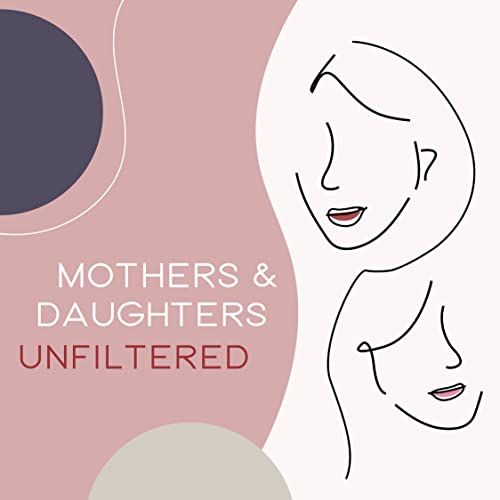
A Look At Colombian Culture though a Millennial Lens, Ep #5
Failed to add items
Sorry, we are unable to add the item because your shopping cart is already at capacity.
Add to basket failed.
Please try again later
Add to Wish List failed.
Please try again later
Remove from Wish List failed.
Please try again later
Follow podcast failed
Unfollow podcast failed
-
Narrated by:
-
By:
About this listen
Our last trip before COVID hit was to Cartagena, Colombia. We were extremely lucky to have taken the trip and made it back into the USA before the borders were closed. In this episode of Mothers and Daughters Unfiltered, we have a conversation with our host and guide while we were in Colombia, Natalia Naranjo. She shared her home, restaurants, markets, and gave us a good sense of her culture. This episode shines a light on the differences in our cultures and relationships. It’s a peek into life in Colombia from the perspective of a Colombian Millennial woman.
You will want to hear this episode if you are interested in...- [1:00] Life in Colombia from the perspective of a Millennial woman
- [3:26] Learn more about Natalia Naranjo
- [5:26] Relationships in the United States vs. Colombia
- [12:00] The diversity, culture, and history in Colombia
- [17:54] How college differs in Colombia vs. the US
- [19:24] The American perception of Colombia
- [21:25] The family system in Colombia
- [30:55] Natalia’s challenge to Americans
- Connect on Instagram
- https://MothersAndDaughtersUnfiltered.com
- Mothers and Daughters Unfiltered on LinkedIn
- Follow Diane on LinkedIn
- Follow Diane on Twitter
- Follow Diane on Pinterest
- Follow Natalie on LinkedIn
Subscribe to Mothers and Daughters Unfiltered on Apple Podcasts, Spotify, Google Podcasts
Audio Production and Show notes by PODCAST FAST TRACK https://www.podcastfasttrack.com
No reviews yet
In the spirit of reconciliation, Audible acknowledges the Traditional Custodians of country throughout Australia and their connections to land, sea and community. We pay our respect to their elders past and present and extend that respect to all Aboriginal and Torres Strait Islander peoples today.


